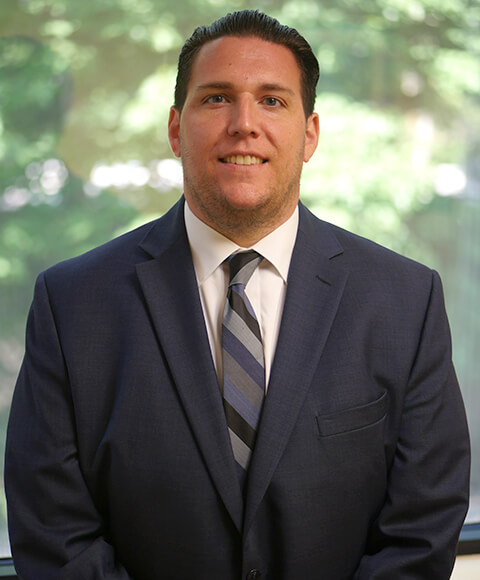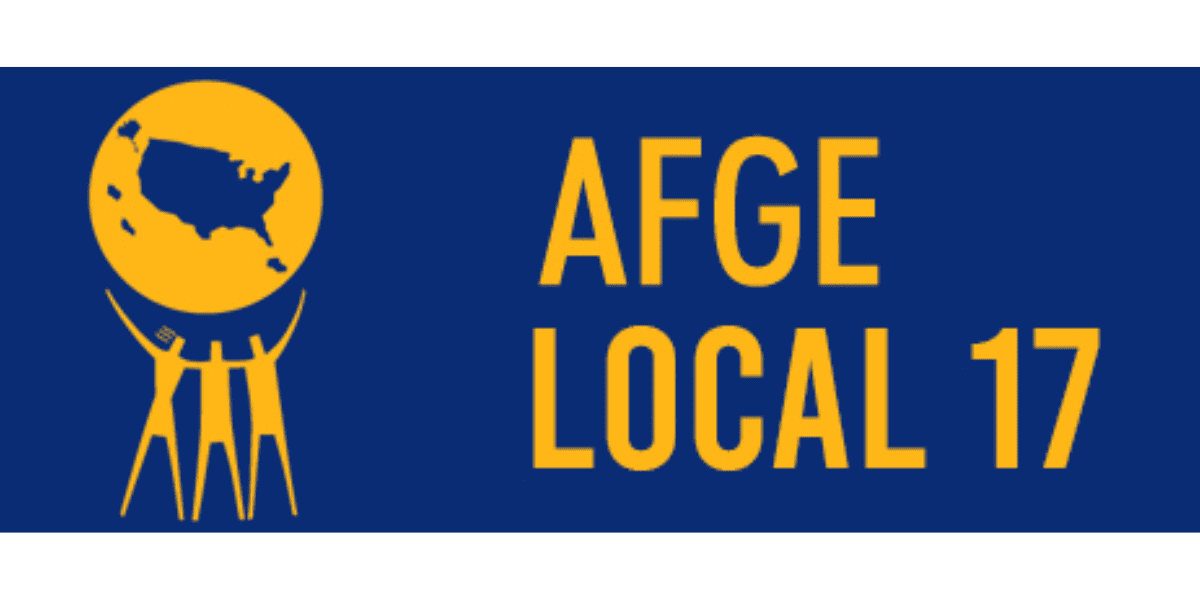Syracuse, N.Y. — Since the pandemic began, Chris Cesta has turned in a dozen people to the state for what he says are illegal unemployment claims.
In a usual year, the owner and chef at The Inn Between Restaurant does this once or twice, if at all.
But he and other small business owners say they are fed up with former workers who aren’t coming back. So they’re doing the only thing they can: turning in the workers.
They’re contesting unemployment claims from former workers who refused to come back to work after the pandemic shutdown ended. Some are even calling the state when other workers who are collecting unemployment come for interviews but turn down the jobs they are offered.
The small business owners say they’ve done this rarely in the past. But it’s never been this hard to find someone to take a job.
People collecting unemployment can’t keep their benefits if they refuse an offer to return to their old job. They’re also required to look for work and take a comparable job if it’s offered. There are some Covid-19 exemptions, but as cases dwindle they are harder to claim.
After more than a year of pandemic shutdowns and record unemployment, the economy is back open. Nearly all Covid-19 business restrictions have ended. But the unemployment system is still operating as it was at the height of the shutdown, when there were no jobs to be had, employers say.
They say claims are being approved like never before, employer protests are piling up with little response and job search rules are not being enforced. They say the problems created by lax enforcement are compounded by the additional $300 a week from the federal government, which makes the lowest unemployment payment equal to $15 an hour. Minimum wage is $12.50.
Workers and researchers say it is not that simple; there are other reasons people are falling out of the job market. Low pay, dispiriting work, risk of Covid and family responsibilities are prompting workers to push back and demand more from a job.
There are historic numbers of job openings. The state Department of Labor broadcast the number of openings on its Facebook page recently:
“We are ending the work week on a high note: It is day two of record job numbers in the New York State Jobs Bank! 179,481 job opportunities are waiting to be filled! And there’s one for you!”
The labor department did not respond to questions from Syracuse.com.
Restaurants have shortened their hours and weeks; high-profile food vendors at the New York State Fair will be staying home this year because there’s no one to work.
To lure back workers, employers can raise their wages and offer bonuses, and many have.
Businesses are doing what they can, but the state needs to do more, said Derrick Hogan, an attorney who specializes in employment law.
“Now that the state is reopening, jobs are more available, I think it’s on the state DOL to audit and determine that people are not coming back, and crack down,” said Hogan, of the Tully Rinckey law firm.
Hogan said employers have been protesting claims when they have jobs available for workers who aren’t coming back. But there’s little employers can do after notifying the state.
The same is true for when people come for interviews so they can say they were looking for work, then turn down the jobs they are offered so they can continue to collect unemployment benefits.
“At some point, the department of labor is going to need to do a stricter job enforcing,” Hogan said.
Dan Palladino said he has stopped waiting for that to happen.
“I’ve literally been told by people that they wouldn’t come back unless they were making $30 plus an hour,” said the owner of Heritage Hill Brewhouse in Pompey. “Some wanted to be paid under the table.”
Early on, Palladino turned in a former employee to the state when he refused to come back to work. He’d never done it before.
He spent a week getting together supporting paperwork, but the unemployment claim was still approved, Palladino said. After that, it didn’t seem worth all the work it took when he was so short-handed.
Palladino has raised his wages and his retirement-plan match, but it’s still hard to get people to come to work, he said.
“Quite honestly a lot of people ask to be paid under the table,” Palladino said. That way, they can double-dip: collecting unemployment while working. He says no.
Joe Kalil has protested eight unemployment claims since the pandemic began, he said. The owner of the Home Team Pub in Liverpool has never called the state on so many people. But he has open jobs he cannot fill while former employees are collecting unemployment.
Kalil said all of his workers’ claims were approved, despite his protests.
Cesta, of the Inn Between, said the claims he has protested have ended up in a bureaucratic backlog.
“They’re to no avail,” Cesta said. In a usual year, he might have one unemployment claim that he protests. The matter usually goes to a hearing and gets resolved. Not this year.
“That process is nonexistent,” Cesta said.
His restaurant is only open four days a week now to deal with the labor shortage. Cesta said he’s raised already raised wages. He thinks things will get better in September, when the additional $300 weekly benefits are set to expire.
In normal years, the number of unemployment claims against a company can drive up the amount it pays into the unemployment system. The state has assured employers this will not happen in the coming year, but Cesta still worries he will be paying for the increased claims somehow.
Cesta said he recognizes that the pandemic has created a shift in what people value. Much of his waitstaff were people who picked up a few shifts to supplement their full-time job. Many of those people have decided they’d rather spend time with their family.
“I can’t argue with that,” he said.
Michael Wheeler, who owns Village Taxi in Bath, has called the state on five people who didn’t want to work at his Steuben County taxi company. It’s something he’d never done before this year. Two were drivers who didn’t want to return to work.
“Those drivers – I’ve called them and let them know how desperate I was,” Wheeler said. They said they wouldn’t come back for what the job pays, between $300 and $400 a week. The drivers contract with Wheeler; they’re not technically his employees. Prior to the pandemic, they weren’t eligible for unemployment. But the rules changed to include them when the economy shut down.
The others Wheeler turned in to the state were people who interviewed for work, then turned him down when he told them the pay.
“They’d say, ‘I’m getting $551 a week (on unemployment). Does your company pay more than that?’” Wheeler said.
The answer was no.
Wheeler has given up on waiting for the system to push people back into jobs. He doesn’t have the time. It’s winery tour season on the nearby lakes and he needs three more drivers.
He’s offering a $250 bonus for any new driver who stays 30 days.
Wheeler has also cut back his Sunday service. It’s only for people who need rides to or from work.





